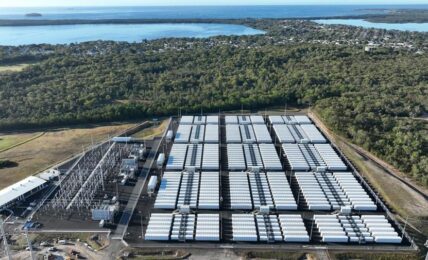Ship-borne commodities-focused third party risk assessment and due diligence organization RightShip announced today the launch of its Carbon Accounting Reporting Tool, a new toolset for monitoring, measuring, and benchmarking shipping-related greenhouse gas (GHG) emissions.
Ocean shipping, accounting for an estimated 3% of global GHG emissions, is coming under increasing scrutiny, as companies look to improve the sustainability profiles of their value chains. Supply chain decarbonization is emerging as a major focus for sustainability initiatives at companies globally, as efforts to address the climate impact of business increasingly shift to reducing emissions outside of companies’ direct control, or ‘Scope 3,’ which often constitute the majority of company emissions.
RightShip’s carbon accounting toolset is integrated into the company’s existing platform, enabling customers to access GHG insights, vessel vetting and inspections data in a single location. The solution also provides vessel, cargo and route type filters, supplier comparisons and vessel performance metrics, allowing users to assess carbon outputs and identify key emissions hotspots in order to make informed decisions aligned with their sustainability goals and pursue emissions reduction strategies.
Kris Fumberger, Head of Sustainability and the Environment at RightShip, comments:
“We’re seeing leaders in the energy and raw materials sectors outpacing the regulation, looking for ways to make more significant GHG reductions across their operations. To do that, they need data. And not just any data: they need detailed, comprehensive and accessible data across a rich variety of metrics to identify emission hotspots in their operations and opportunities to improve. This is too complex a task to go into blind – and that’s where the Carbon Accounting Reporting Tool comes in.
“The maritime industry – and by extension the commodity industries reliant upon it – have a steep hill to climb to meet the IMO’s target of 50% emissions reductions by 2050. And when you consider this isn’t ambitious enough to achieve the Paris Agreement framework to limit global warming to 1.5°C, that hill looks more like a mountain. If we’re really serious about climate change, we need to continue to deliver the tools that foster data reporting and transparency to the industries that need them the most and use the insights and learnings to start making improvements today.”
The post RightShip Launches Toolset to Measure, Report GHG Emissions from Ocean Shipping appeared first on ESG Today.



